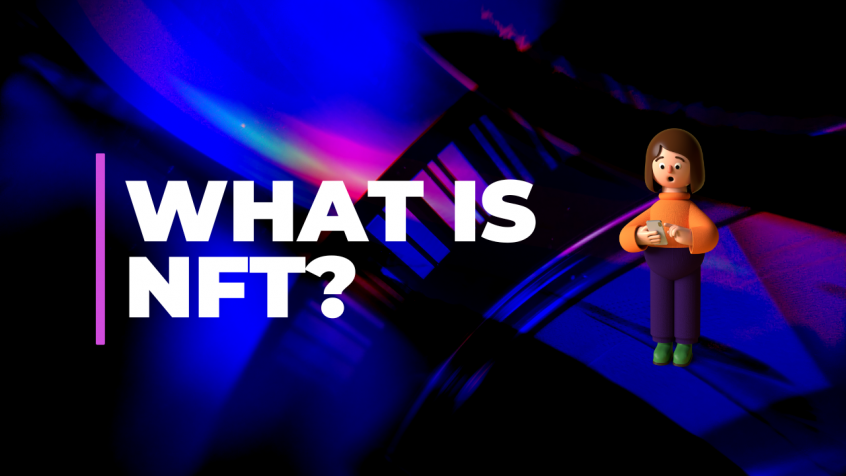When you’re talking about crypto and digital assets, non-fungible tokens often come. But what are non-fungible tokens, and how can they be used?
It’s not all about Bored Apes and weird-looking profile pictures. Let’s take a look.
What are Non-Fungible Tokens (NFTs)?
An NFT is a crypto token that represents metadata stored on the blockchain. NFTs are unique and they aren’t interchangeable. For example, one bitcoin is like another. It’s fungible. A bitcoin is always a bitcoin. Characteristics of an NFT aren’t fungible in that way. A Bored Ape with a specific outfit is different from another Bored Ape with a different outfit. They aren’t worth the same, and they can’t be swapped one for the other.
On top of that, it’s possible to use non-fungible tokens for different purposes. Let’s take a look at some of the things you should know before you jump into the world of NFTs.
What You Should Know About NFTs
Before investing in any crypto asset — including NFTs — it’s important to know what you’re getting into. Here are some things to think about.
1. Most NFTs are Powered by Smart Contracts
Non-fungible tokens are usually representations of information stored in smart contracts. As a result, NFTs are results on blockchains that support smart contracts. Ethereum is one of the main blockchains for this, but Flow and Ronin also support smart contracts. Polygon is another blockchain that can be used for NFTs.
The parameters of the smart contract govern what you can use the NFT for. A good example is how when you have ownership of a Bored Ape, you also own the underlying intellectual property and can use the Ape for commercial purposes. Not all NFTs allow you to own the underlying intellectual property, so you might not be able to use the token in any way you wish.
2. The Files Connected to the NFT aren’t Usually Stored on the Blockchain
We often see NFTs as pictures or videos. However, even though the metadata and the smart contract are stored on the blockchain, the file often isn’t. File sizes of pictures are too big to be efficiently stored in data blocks. Instead, the actual files are stored someplace else, like IPFS or Arweave. Some NFT projects do store the files on-chain, but most NFTs come with a link to where the image or video file is stored.
This is important to understand because there’s no guarantee that the links will be maintained. If a link becomes broken, you could lose access to the NFT.
3. Sometimes Non-Fungible Tokens are Just Receipts
Sometimes NFTs function as a receipt. It works as a way to prove your ownership of an asset. The good news is that this asset could be a real-world asset or a digital asset.
One of the interesting use cases for NFTs is the idea of issuing home deeds. Rather than using the escrow process and the paperwork involved in real estate transactions, some suggest that blockchain technology could speed things up. You could use a smart contract to transact the sale, sending payment on the blockchain. Once the sale is completed — the terms of the contract are fulfilled — an NFT deed to the house is given to the purchaser.
When the home is sold again, the ownership of the NFT deed can pass on. Because the entire transaction is recorded on the public ledger of the blockchain, tracking ownership is possible.
4. There are Questions About NFTs
It’s important to understand that there are legal questions about non-fungible tokens. In some cases, when you mint an NFT using a third party, you might not understand the contract terms. There are also questions about transferring intellectual property rights and who maintains links and what happens when someone steals your NFT. If someone hacks your wallet and steals the NFT that represents the deed to your home, do they own your home now?
Legal Eagle did a great video on some of the legal issues associated with NFTs.
5. Understand the Tax Implications
Finally, it’s important to know the tax implications of selling NFTs later on. Some people buy non-fungible tokens as a status symbol or because they like the art. Projects like TopShots allow you to have a video of a sporting moment, and that can be attractive. However, if the price goes up, the IRS is likely to treat it similarly to a stock. Which means you could pay capital gains.
Depending on how the IRS decides to classify NFTs, they might be considered collectibles and taxed accordingly.
Pay attention to the realities of NFTs and plan ahead before you invest.

